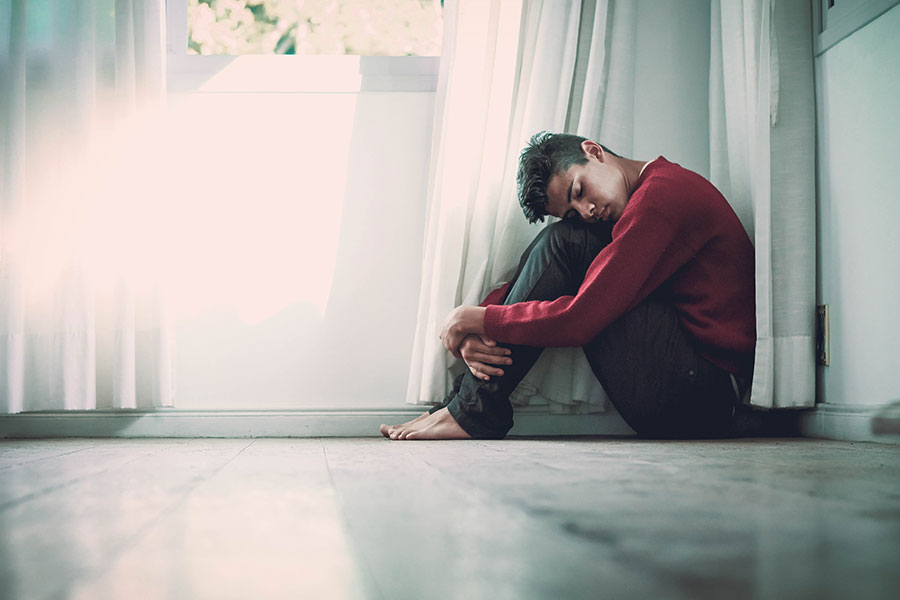
Ask anyone who’s ever gone through it and they’ll tell you– opioid withdrawal is an agony like no other. In fact, it wouldn’t be much of a stretch to say that opioid withdrawal is one of the most distressing conditions a human being can experience. Depending on the level of abuse, the symptoms associated with the abrupt cessation of opioid drugs can be so harrowing that it can be almost impossible to stop without extensive professional help.
Fortunately, there’s some good news to report as well, even in the face of an opioid epidemic that seems like it might never end. The good news is that anyone willing to accept help can stop using opioid drugs permanently and begin to recover. One of the keys to this success is knowing what to expect when you stop using opioid drugs abruptly. The information in this post will also be very helpful to the user’s family, friends, and other loved ones.
Opioid Drugs: Use, Abuse, and Why It’s So Hard To Stop
The pharmacology behind opioid addiction and withdrawal is extraordinarily complex, but the upshot is actually pretty simple. First, opioid drugs like heroin, morphine, oxycontin, hydrocodone, etc are extremely addictive and can send even the healthiest person into a hellish spiral in a very short amount of time.
The reasons for this are essentially twofold. First, opioid drugs induce an intense euphoria that many people spend years trying to recapture. Second, the withdrawal symptoms associated with opioid abuse (or even normal use) are probably the most grueling in the entire drug world.
To put it bluntly, stopping opioid drugs without professional help is so incredibly unpleasant that most people prefer the horrors of continued addiction to the experience of sudden withdrawal. And this ugly fact, as much as anything else, is the most powerful jet fuel of the opioid epidemic. Next, we’ll have a more detailed look at what happens to the user when opioids go away in a hurry.
Opioid Withdrawal: What To Expect To Start When You Finally Stop
Here’s the short version. When you stop using opioids abruptly, even after a fairly short amount of time, you will immediately start experiencing ugly and possibly life-threatening withdrawal symptoms.
Here are just a few of the symptoms you can expect to encounter when stopping opioid drugs without help:
- Constantly high levels of anxiety
- Extreme agitation, anger, and other negative emotions
- Nausea/Vomiting
- Deep, ongoing muscle pain
- Flu-like symptoms such as fever, sneezing, runny nose, and diarrhea
- Watery, itchy eyes
- High amounts of sweating even in cool temperatures
- Persistent insomnia
- Painful stomach cramps
- Significant increases in heart rate and blood pressure
- Depression and/or suicidal ideation
Obviously, the intensity and duration of these symptoms depend on the person and their usage patterns. However, you will most likely feel intense physical, emotional, and mental discomfort for at least 3-4 days.
The physical symptoms typically decrease in severity significantly after between 7-10 days. And make no mistake about it– these will be among the worst– if not the absolute worst– 5-10 days of your life. Most people don’t make it that far. Moreover, even if opioid users can somehow endure these physical torments long enough, the depression, anxiety, and a sense of profound emptiness often continue for months.
Why Do it Alone?
Fortunately, it doesn’t have to be this way. If you or someone you love experiences this level of opioid withdrawal when they stop using, please find a medical detox facility immediately. Coming off of opioids will never be easy, but medical professionals can do a great deal to reduce your suffering or prescribe long term medications like Suboxone, methadone, or Naltrexone that will reduce your withdrawal symptoms and help ease you into recovery.